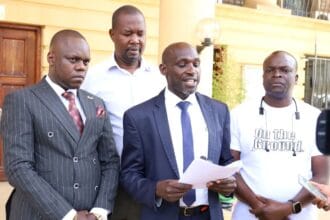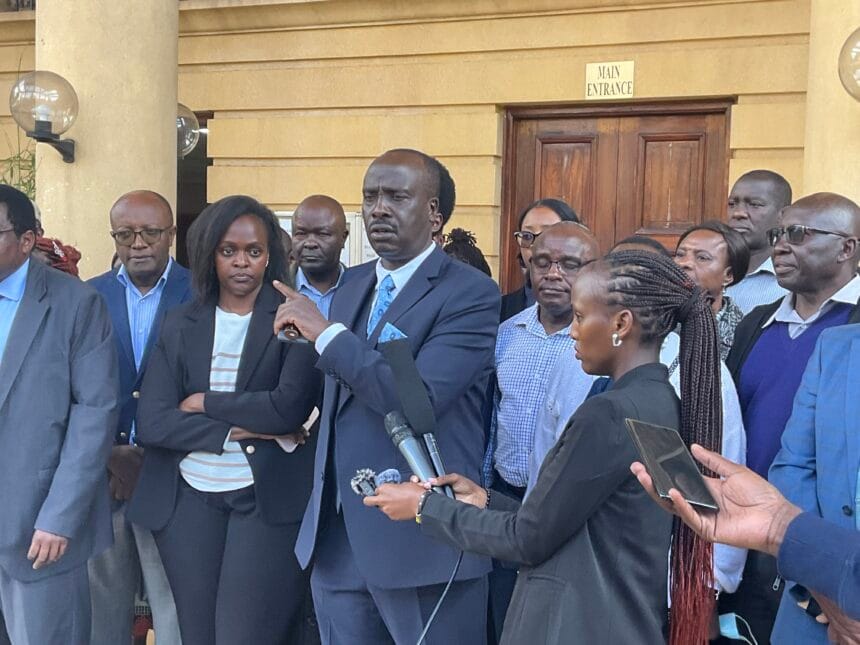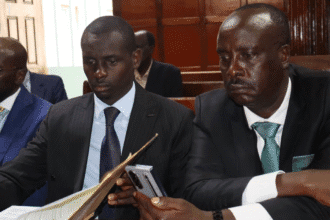In a significant legal dispute over the command and control of the Kenya Police, the Office of the Attorney General has formally opposed a petition seeking to strip the Inspector General of Police of his authority over the police payroll.
The case pits the petitioners, Sheria Mtaani Na Shadrack Wambui, against the Inspector General of Police, the National Police Service, and the Attorney General, with the National Police Service Commission and the Law Society of Kenya named as interested parties.
The Attorney General’s opposition, detailed in a document filed at the High Court of Kenya in Nairobi, argues that the application for conservatory orders, dated 11th August 2025, fails to meet the legal threshold for such an extraordinary intervention.
The state’s position is that the petitioners have presented only speculative fears without concrete factual backing to justify the court freezing the Inspector General’s powers ahead of a full trial.
Central to the state’s argument is the constitutional independence of the Office of the Inspector General of Police. The response heavily relies on Article 245 of the Constitution, which vests the Inspector-General with independent command over the National Police Service.
It specifically highlights Article 245(2)(b), which expressly prohibits any person or authority from giving the Inspector General directions regarding the “employment, assignment, promotion, suspension or dismissal of any member of the National Police Service.”
The state contends that payroll administration, which is intrinsically linked to promotions, transfers, and disciplinary actions, falls squarely within this protected domain.The document further clarifies the distinct roles of the Inspector General and the National Police Service Commission as established by the Constitution.
While the Commission, under Article 246, is responsible for recruiting, appointing, and determining promotions and transfers, the state argues that no constitutional provision assigns the day-to-day management of the payroll or financial administration to the Commission.
The Attorney General asserts that the petitioners’ claim that payroll is a function of the Commission is a misrepresentation of the law. The Commission’s role is described as setting human resource policies, while the Inspector General, as the accounting officer for the Service, controls operational matters like the payroll.
The opposition also invokes Article 249 of the Constitution, which guarantees the independence of constitutional commissions and offices, stating they are “subject only to this Constitution and the law” and are not under the direction or control of any other person or authority.
The state argues that allowing one independent agency, the Commission, to seize a core function of another, the Inspector General, would breach this constitutional scheme and upset the careful balance of power established in Articles 245 and 246. Such a move, it is claimed, would imperil the police service’s chain of command.
In conclusion, the state urges the court to deny the sought conservatory orders, stating that it is in the public interest and essential for the continuity of police operations that the constitutional distribution of authority remains undisturbed.
The Attorney General maintains that the petitioners have not demonstrated any legal entitlement or constitutional harm that would justify the grant of the interim relief, and therefore, the application should be dismissed. The case highlights an ongoing constitutional tension regarding the operational independence of Kenya’s security institutions.










